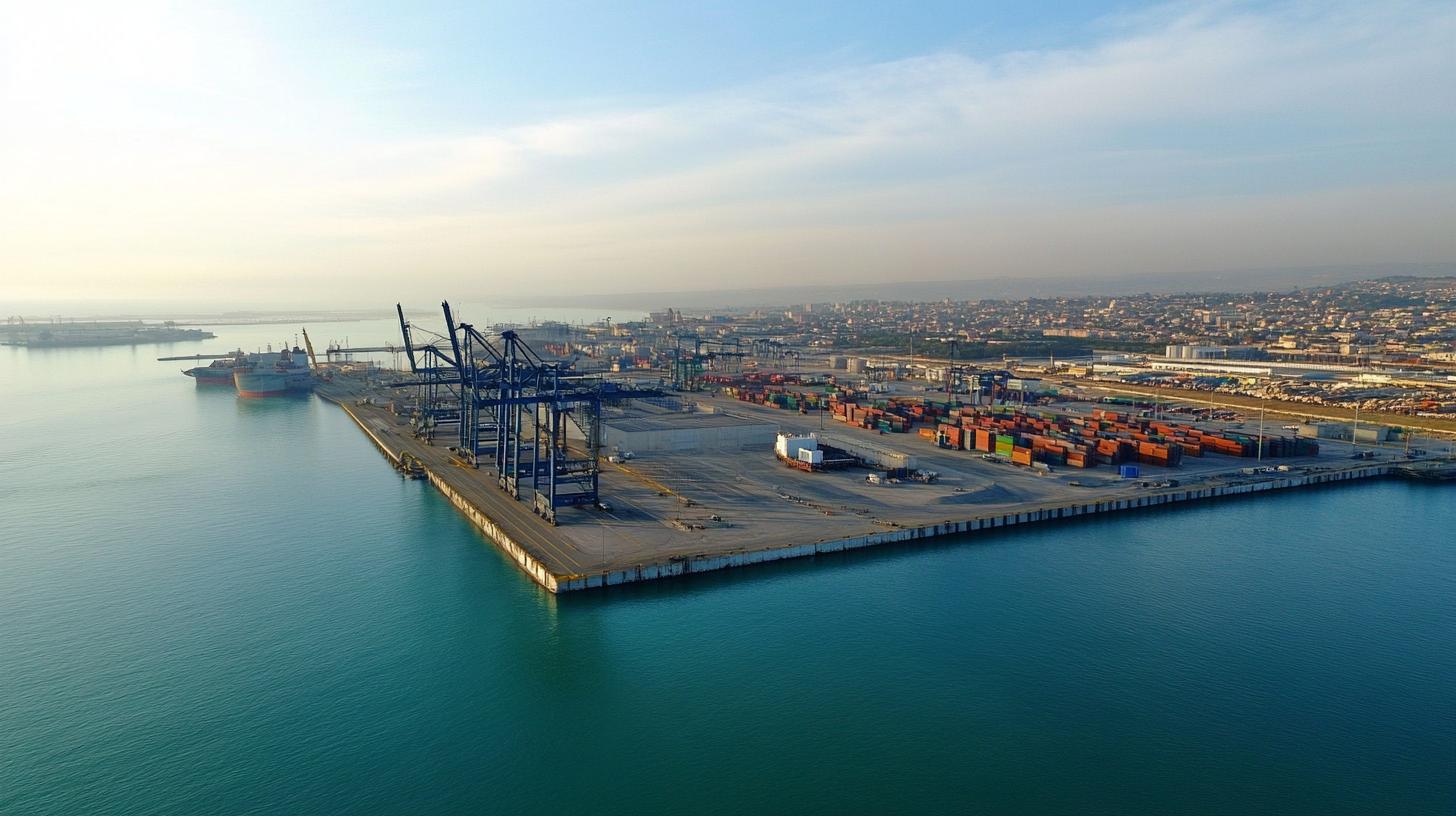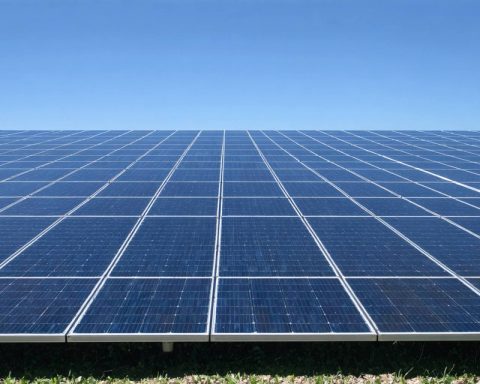A transformative initiative is underway at Port-La Nouvelle in France, where a new hub for low-carbon hydrogen and CO2 management is set to emerge. This groundbreaking project aims to position the region at the forefront of the energy transition.
A memorandum of understanding was formalized on September 20, 2024, marking the collaboration between key stakeholders including the Occitanie Region, DEME Concessions NV, Euroports, and Teréga. These partners will focus on developing state-of-the-art port and logistics facilities to efficiently handle and distribute clean molecules like hydrogen and CO2.
A critical aspect of this initiative is the emphasis on sustainable infrastructure. The project will not only facilitate the flow of low-carbon products but will also accommodate other alternative fuels and related by-products. The new facilities aim to support Europe’s commitment to a greener future, aligning with broader continental projects such as the HySoW hydrogen corridors.
The consortium plans to engage with local stakeholders to ensure the project’s feasibility and successful integration with community and regional objectives. This inclusive approach emphasizes collaboration at all levels, promising resilient and future-proof infrastructure.
In addition to environmental benefits, the hub stands to boost local economic growth, with the enhancement of the port’s capabilities poised to create new jobs and stimulate investment. As Europe accelerates its shift towards sustainable energy solutions, Port-La Nouvelle is on track to become a pivotal player in the transition.
The Impact of Low-Carbon Hydrogen Hubs on Societies and Economies
As the world grapples with the pressing challenges of climate change, innovative solutions are coming to the forefront—one of which is the establishment of low-carbon hydrogen hubs, such as the one underway at Port-La Nouvelle in France. These hubs have the potential to not only transform energy systems but also significantly affect the lives of people, communities, and entire countries.
Transforming Economies and Creating Jobs
The development of low-carbon hydrogen infrastructure is poised to revitalize local economies by creating jobs and attracting investments. The hub at Port-La Nouvelle is expected to generate numerous employment opportunities in construction, engineering, and long-term operational roles. By enhancing the port’s capabilities, the initiative is set to stimulate economic activity in the region, making it an attractive site for businesses involved in sustainable energy and logistics.
Moreover, as Europe sets ambitious targets for reducing carbon emissions, such projects align well with policy goals, potentially unlocking substantial funding and support from governments and international bodies. The economic ripple effects of these projects can lead to more robust regional development and increased competitiveness on a global scale.
Empowering Communities with Sustainable Energy
On a community level, access to low-carbon hydrogen could transform how energy is consumed and distributed. Hydrogen is a clean energy source that can be used for transportation, heating, and in industry, offering communities a sustainable alternative to fossil fuels. This transition can lead to improved air quality and health outcomes, addressing issues long-plagued by pollution and environmental degradation.
As these hubs become operational, they serve as a model for how communities can successfully integrate green technologies into everyday life. The involvement of local stakeholders in Port-La Nouvelle ensures that the project benefits align with community values and needs, fostering a sense of ownership and participation.
Controversies and Challenges
Despite its potential, the development of hydrogen hubs is not without controversy. Critics often point to the complexities and costs associated with producing and transporting hydrogen in its cleanest form. Additionally, there are concerns about the environmental impact of scaling up hydrogen production, particularly if it relies on non-renewable energy sources. These debates underscore the importance of developing facilities that prioritize sustainability from the outset.
Another challenge is the establishment of necessary infrastructure. The transportation and storage of hydrogen require specific technologies and safety protocols, which necessitate considerable investment and innovation. Overcoming these hurdles is essential to fully realizing the benefits of this clean energy source.
A Step Towards a Sustainable Future
The initiatives like Port-La Nouvelle represent vital steps towards decarbonizing energy systems across Europe and beyond. As more regions follow suit, these hubs could collectively catalyze a shift towards more integrated and sustainable energy networks worldwide.
The journey to a low-carbon future is complex, and hydrogen hubs are just one part of the solution. However, with continued investment, technological advancement, and community engagement, these projects hold promise for a more sustainable and economically vibrant future.
For more information on sustainable energy solutions and hydrogen hubs, visit International Energy Agency and Hydrogen Europe.














